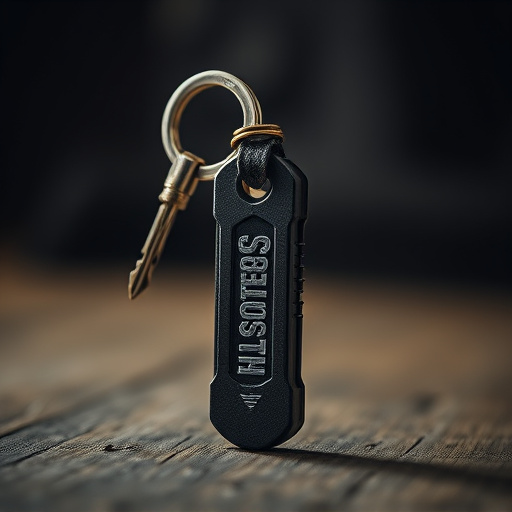Metal keychain defense tools are legal in many jurisdictions for self-defense, but regulations vary widely globally and within the United States. Users must research local laws, understand device mechanics, practice de-escalation techniques, and store them safely to ensure responsible use, especially around children or unauthorized individuals. Staying informed promotes safety and empowers individuals to protect themselves in various situations, even in regions with strict gun regulations.
“Uncover the power and legalities of metal keychain defense tools, a growing trend in personal protection. This comprehensive guide explores the diverse landscape of self-defense keychains and their legal status across various states.
From understanding the capabilities of these compact devices to navigating the regulations that govern them, this article is your key to staying informed. We dissect the legal carry of protective keyring devices, ensuring you’re equipped with knowledge for safe and compliant possession.”
- Understanding Metal Keychain Defense Tools and Their Legal Status
- Exploring the List of States Allowing Legal Carry of Protective Keyring Devices
- Considerations for Safe and Legal Carrying of Self-Defense Keychains
Understanding Metal Keychain Defense Tools and Their Legal Status
Metal keychain defense tools have gained popularity as a means of personal protection, especially for individuals who frequently carry keys. These small, durable devices typically feature a sharp edge or spike designed to deter potential attackers and provide a measure of self-defense. Understanding their legal status is crucial before considering them as a protective option.
In many jurisdictions, metal keychain defense tools are legal as long as they meet certain criteria. Typically, these tools must have a limited purpose for self-defense and possess a reasonable level of force. Some states differentiate between simple keychains with built-in spikes and more complex designs, regulating the latter strictly. It’s essential to research and comply with local laws, as penalties for illegal possession can vary widely.
Exploring the List of States Allowing Legal Carry of Protective Keyring Devices
In the United States, the legal carry of protective keyring devices varies from state to state, reflecting differing interpretations of self-defense laws. Several states have specifically legalized metal keychain defense tools as a means of personal protection. These states recognize that individuals should have the right to defend themselves in various situations, including while on the go. The list includes places known for their robust gun regulations, indicating a balanced approach where practical self-defense measures are encouraged without compromising public safety.
When considering the legal carry of such devices, it’s crucial to understand the specific rules and restrictions unique to each state. Some may require permits or registrations, while others have open carry policies. Individuals should also be aware of the type of metal keychain defense tools permitted, as designs and functionalities can vary. Staying informed about these legal nuances ensures responsible ownership and compliance with local laws, promoting a culture of safety and empowerment.
Considerations for Safe and Legal Carrying of Self-Defense Keychains
When carrying a metal keychain defense tool for self-defense, it’s crucial to understand and adhere to legal guidelines specific to each state. While many states allow open carry of small self-defense weapons, including metal keychains, there are often restrictions on where and how these can be displayed. It’s essential to research and comply with local laws, such as requiring a permit or limiting carry to specific locations like your vehicle or home.
Safety is paramount when considering a metal keychain defense tool. Users should familiarize themselves with proper handling techniques, ensuring they understand the mechanism and range of their device. Additionally, being mindful of surroundings and adhering to de-escalation principles are vital to avoid unnecessary confrontations. Always store your self-defense keyring in a secure location, keeping it out of reach of children and unauthorized individuals.
Metal keychain defense tools, also known as protective keyring devices, offer a convenient and accessible self-defense option for many individuals. The legal status of these tools varies across the United States, with certain states permitting their open carry. Understanding both the legal framework and practical considerations is essential when choosing to carry such a device for personal protection. Always ensure you are familiar with local laws and prioritize safety measures to maintain legality and peace of mind.
